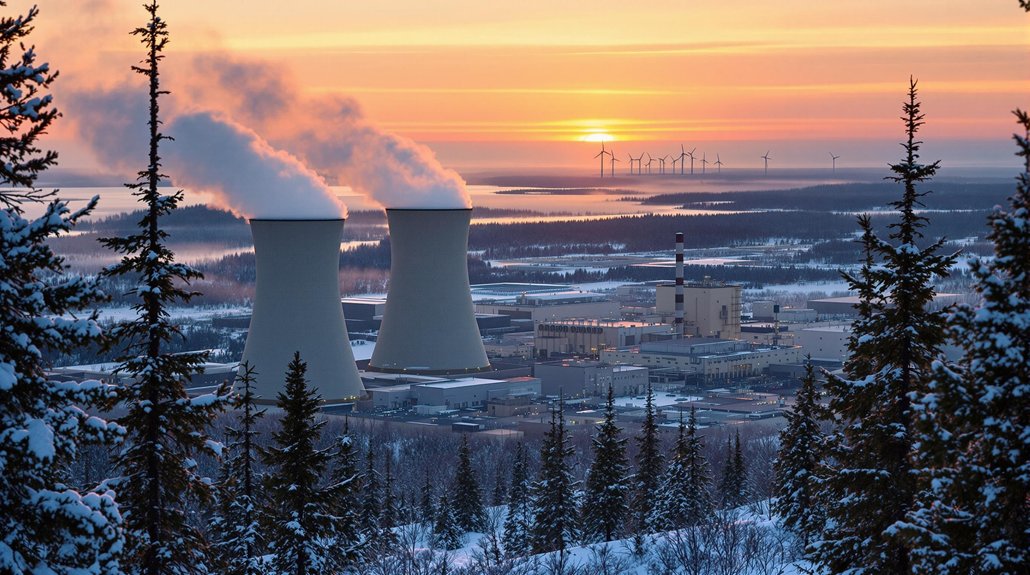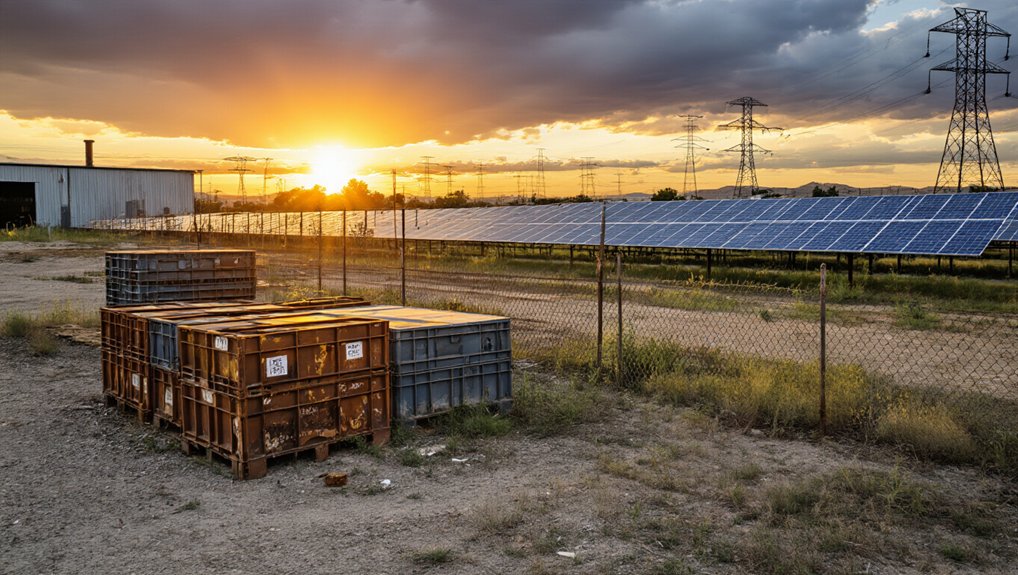Michigan lawmakers are advancing bills that would label some natural gas plants in the Upper Peninsula as “clean energy.” The bipartisan legislation aims to protect UP residents from potential energy bill increases. Under the proposal, newer natural gas facilities replacing old coal plants would be exempt from immediate closure requirements. Supporters claim this guarantees reliable power in a challenging region, while environmental groups worry about the long-term impact on climate goals.
As Michigan’s clean energy push aims for 100% clean power by 2040, lawmakers are working to carve out exceptions for natural gas plants in the Upper Peninsula. House Bills 4007 and 4283 recently advanced through the Michigan House Energy Committee with bipartisan support, proposing to classify certain UP natural gas facilities as “clean” energy sources.
The legislation specifically targets natural gas plants owned by two UP utilities. These facilities were built recently to replace older coal-fired generators but would be excluded under Michigan’s 2023 clean energy law, which aims for nearly 100% clean energy within the next 16 years.
Supporters of the bills argue the exemption will protect UP residents from potential spikes in energy bills. Many of these generators aren’t fully paid off yet, with costs projected for ratepayers through 2049. Lawmakers fear that without this carve-out, plants might be forced offline before being paid off, leaving customers with higher bills.
UP residents shouldn’t pay for plants that become stranded assets if retired early under clean energy mandates.
“Solar and wind installations alone can’t fully replace the reliable output of our existing gas plants,” bill sponsors claim, pointing to land requirements and infrastructure challenges unique to the UP. House Republicans have voiced concerns that closing these generators threatens reliability in the UP’s isolated grid. Renewable energy sources face reliability challenges due to their intermittent nature and dependency on weather conditions. Replacing natural gas infrastructure with renewable energy could cost an estimated $3.3 billion over the next two decades.
Environmental groups strongly oppose the exemption. They argue that natural gas, while cleaner than coal, still contributes considerably to climate change through both carbon dioxide and methane emissions. Critics claim fears about premature plant closures are exaggerated, as the current law doesn’t force immediate shutdowns.
The debate highlights regional differences in energy needs and resources. UP lawmakers from both parties support the exemption due to their region’s unique challenges, while representatives from other areas worry this could set a precedent that weakens Michigan’s broader clean energy goals.
The issue continues to divide those prioritizing regional affordability concerns against those focused on meeting the state’s long-term climate objectives.
The Upper Peninsula community already struggles with high utility rates, ranking among the most expensive in both Michigan and across the United States.









